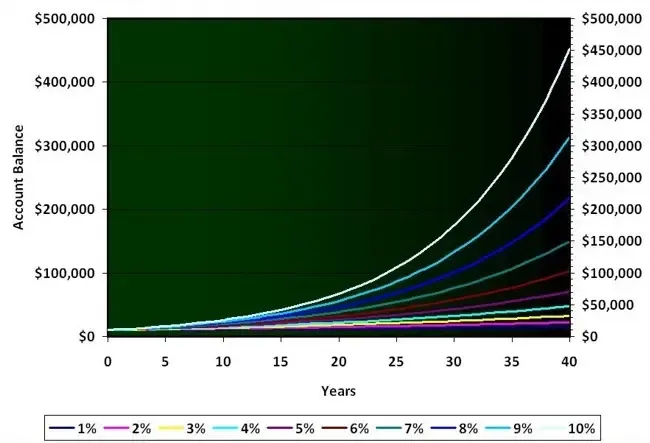
Which Insurer Offers The Best Income Protection For Dentists?
The majority of dentists take out income protection insurance. This is sensible because of the risk of something relatively minor, such as a hand injury, impacting those fine motor skills and eliminating the ability to work as a dentist.
As a result, I’m regularly asked, “Which insurer offers the best income protection for dentists?” and that’s a pretty easy question to answer.
No single insurer.
It’s not the answer that people are looking for but that's the reality. It really depends on what is needed by the individual on a case-by-case basis. However, the good news is that there is some important stuff you can use to figure out how the best provider is for you.
So, here’s the really important stuff you need to know to ensure you are getting matched correctly (and start saving a fortune whilst also obtaining much better cover):
No single insurer will be the best option, for every dentist, which is why you should speak to an independent adviser. There are a lot of variables that have to be considered before it's possible to establish which insurance company should be recommended.
Some of the questions you would need to answer, to get a recommendation, are shown below.
- How much cover do you want?
- How much do you earn?
- Do you work as a sole trader?
- Do you work through a limited company?
- If so, do you pay your partner for tax efficiency reasons?
- How much NHS work do you do?
- At what age do you intend retiring?
- Would you be able to retire at that age if you weren't earning your full income for a prolonged period?
- Does your income fluctuate significantly?
The questions above are just a handful of those that need to be answered to understand which insurer is appropriate.
In my view, the question, which insurer offers the best policy for dentists, is actually a red herring.
Why do I say that?
This is because, as long as you ensure that's the cover you take out is the own occupation definition, the policies offered by any of the insurance companies offer very similar cover, that would pay out if you're unable to work as a dentist.
The real questions that dentists should be asking are
- How should I set up my policy to get the best protection and
- How much is it likely to cost OVER THE TERM, as most insurers don’t show a realistic cost of annual cover increases on illustrations.
Looking at question 2 first, because it’s simpler.
Two 35 year income protection policies, each quoted at £50/month, each with typical annual cover increases (3.6%).
- Policy A full-term cost: £40,304
- Policy B full-term cost: £119,049
Why the massive difference?
Insurers apply annual cover increases in different ways, with the above results.
If you don’t get a full-term cost projection, it could be a rather costly omission.
For question 1, the following points are just some of the questions that need to be considered carefully when setting up cover.
- How much cover is needed?
- How much cover is available?
- Is your income likely to increase over time?
- How long for the deferred period?
- To what age should the policy run?
- How long should the policy pay out for?
- Should the cover amount be index linked?
- Does your income fluctuate a lot?
- What sort of premium type should you take?
- Are you a sole trader or Ltd Company?
- Do you have any pre-existing medical conditions?
Even a simple looking question is often more complex than it first appears. Take the question about the expiry age for the policy. For example, if you have carefully crafted plans to retire at 55, do you need cover past the age of 55?
Well, consider this. If your plan is based around earning a working dentists income up to age 55 and a life event means you’re relying on the policy benefit for some time, would you still be able to retire on schedule, with your planned lifestyle? Possibly not. So worth considering a longer term to provide a higher potential benefit? Maybe.
The danger with income protection and life / critical illness insurance is that it looks very simple but there’s a lot more complexity than most people realise, so it’s easy to get it wrong but because of the nature of insurance, that might be discovered too late.
So, going full circle, I guess my real answer to the question, which insurer offers the best income protection for dentists is, ask a good adviser, to find out.
After all, as long as you ensure that the adviser doesn’t offer loaded premiums (higher because they work off a small panel of insurers to get increased commission), you will pay exactly the same premium as you get when going direct to the insurance company yourself but with the added benefit that the adviser does the hard work for you.
Enter your details above to receive a link you can use to download your FREE pdf
Read More

Here's What New Associates Need To Know

What Is Your Definition Of Retirement?

How Often Do You Look Back On Your Life And Think “I Wish That I Knew Than What I Know Now?”

Can I Invest In My ISA For Passive Income?

The Role Of Luck In Investing



